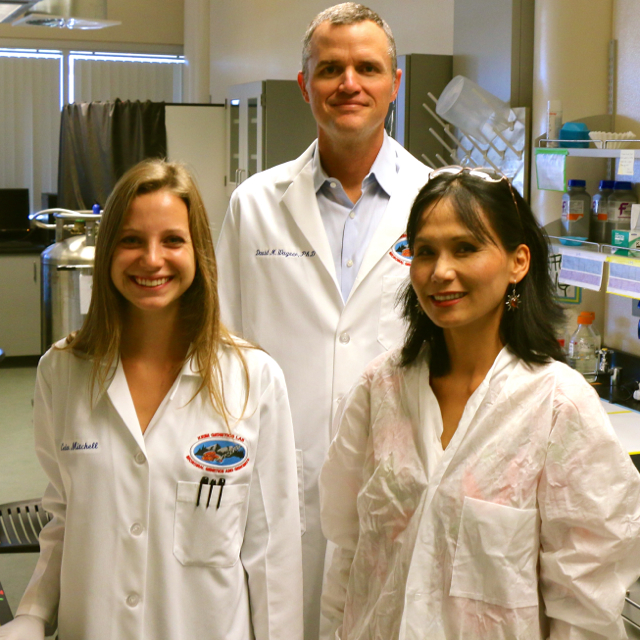Cedar Mitchell, a senior at Northern Arizona University, is traveling to Madagascar in January to work with scientists using NAU technology to better understand origins of that country’s recent plague outbreaks. Yersinia pestis, responsible for global pandemics including Black Death, continues to proliferate in Madagascar, where there were 256 human cases and 60 deaths from plague in 2012.
Plague lives naturally in the environment, and in Madagascar, an island off the southeast coast of Africa, the disease is primarily spread between fleas and rats, but it is possible for the deadlier pneumonic form of plague to spread between humans. By better understanding the way plague is being spread, public health officials can more effectively manage the outbreaks.
“What this technology does is help track the disease and see if it is spreading village to village or if the plague is coming directly from the environment,” Mitchell said. “If this technology is used correctly in Madagascar, it could potentially stop the spread of this disease throughout the country.”
Mitchell works at the Center for Microbial Genetics and Genomics at NAU, with faculty mentor David Wagner, known for his research on infectious diseases including plague. Her technical mentor is Dawn Birdsell, whose genetic fingerprinting technology Mitchell adapted for use in Madagascar.
Several years ago, Birdsell saw the need for improving genetic research in countries with limited resources, so she developed a simplified technology that captures the same genetic information as some of the more advanced procedures. “This platform is readily available across most research labs, and because of the simplicity and the stability, many labs of low resources can afford to have this type of platform in their research facilities,” Birdsell said.
In January, Mitchell will work with scientists in the Institut Pasteur de Madagascar to ensure their proper use of the technology. A Hooper Undergraduate Research Award funded the technical components of the project. The 10-day trip is funded by NAU’s Center for International Education, the NAU Student Travel Award fund, and online crowdfunding.
“As an undergraduate scientist, this is an incredible opportunity for me to see the final part of my project working successfully.” Mitchell also is anticipating her time overseas working alongside scientists in Madagascar and observing researchers in another country.



